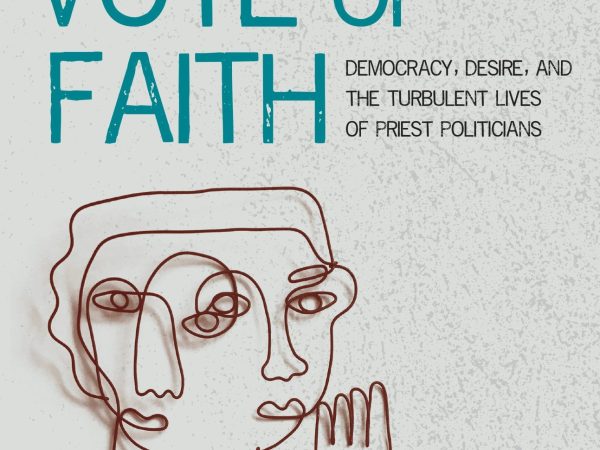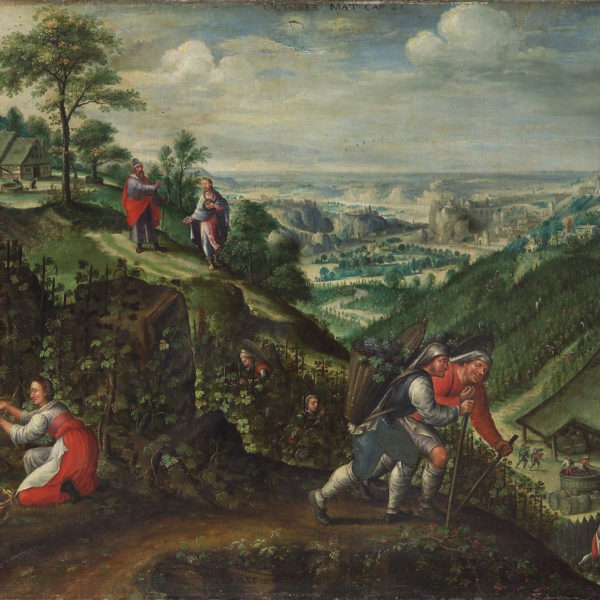
[This post is part of our series on the politics of scripture, which focuses on weekly preaching texts. We also welcome commentary on sacred, classic, and profane literature, film, and…

…attend the Lutheran Church of St. Andrew. [This post is part of our series on the politics of scripture, which focuses on weekly preaching texts. We also welcome commentary on…

…her family reside in Franklin, Tennessee where they attend the Lutheran Church of St. Andrew. [This post is part of our series on the politics of scripture, which focuses on…
[This article is part of the series The Politics of Scripture. While the focus of the series is on weekly preaching texts, we welcome commentary on sacred, classic, and profane…

…on “Islamic Politics and Political Theology” I would like to work through two ideas: first that a theory secularism as a process of conversion, in which “religion” and “politics” are…

…on them and how, as they do so, they cross and trace the thresholds that separate and unite Catholicism and politics. A few weeks ago, she joined our new co-convener,…
This article is part of the series, the Politics of Scripture. While the focus of the series is on weekly preaching texts, we welcome commentary on sacred, classic, and profane…



